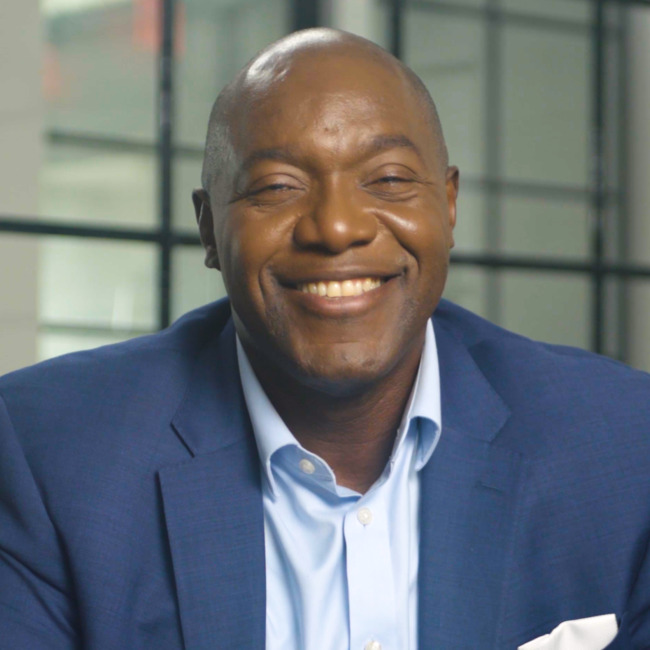When No One Believes You Can Do It, Try Anyway

Dr. Ruth Gotian
If you ever saw the movie Cool Runnings, you heard the unlikely story of the Jamaican bobsledding team. Four men, raised in a tropical environment, who never saw snow, let alone ice, got together and qualified to compete at the Winter Olympics. Devon Harris is one of the original Jamaican bobsledders. While the movie certainly took creative license, there are some parallels with the truth. With the odds stacked against them, Harris and his teammates had no choice but to learn the sport quickly. They learned by doing and reflecting on their actions. This concept is known as experiential learning and is a cornerstone of adult learning. Many high achievers use this learning modality. Recently, I had the opportunity to talk to three-time Olympian Devon Harris about his incredible and heartwarming journey to the Olympics.
Growing up, Harris had a dream of making the Olympics. He used to play soccer and run track and was convinced that was his path to the Olympic Games. But it was not meant to be. He was a captain in the Jamaican army when his commanding officer encouraged him to try out for the new Jamaican bobsledding team.
While he was unable to compete in the Olympics in his desired sport, Harris saw a new opportunity and he was not going to lose his shot. Busy with his military commitments, Harris did not have enough time to properly train for the qualifiers. “I was army fit, not sports fit,” he said. Harris was a distance runner, not a sprinter such as Jamaican gold medalists Usain Bolt and Omar McLeod, who I previously covered for Forbes. The bobsledding team needed explosive power seen in sprinters. He wanted to make the Olympic team and was willing to put in the work needed to succeed. Every day, Harris went to the track and practiced his short-distance running.
As this was a completely new sport in Jamaica, Harris had no idea who would show up to try out. There were no local known names in the field. The tryouts were the first time he met the other competitors. Harris’s hard work paid off as he made the Olympic team.

He was introduced to his other three teammates for the first time at the airport in September 1987, four months before the Olympics. They were traveling together to Lake Placid, New York, to meet their coach and train. That is the first time they saw an ice rink and bobsled. Yes, four months before the Olympic Games.
Six weeks later, they were in Calgary, Canada, in a rented bobsled, as they did not even own one. You are reading correctly. They went to the Olympics to compete in bobsledding and did not have the necessary equipment needed to compete. That was also the first time the Jamaican team saw a bobsled track. Harris, who ironically is afraid of heights, climbed into the bobsled, behind his teammate, the driver, who had never done this before. There was only one way to find out if they had what it takes.
They did three runs on the track that night. “It was terrifying,” said Harris. They could have read all the books, talked to all the coaches, and seen all the movies of previous races. There is no other way to learn how to go down a bobsled track without getting in a bobsled, going down the hill, and doing it yourself. Like all high achievers, they feared not trying more than they feared failing.
High achievers always try new things and are continually consuming new knowledge. They read books and articles, listen to podcasts, talk with others, and try things out for themselves. Learning by doing and reflecting on what you have just experienced is another effective way to learn something new.
Devon Harris is now a motivational speaker and author. When people tell him something cannot be done, he encourages them to “Keep on pushing.” Do not let someone convince you it is impossible.
This article was originally posted on Forbes by Dr. Ruth Gotian.









